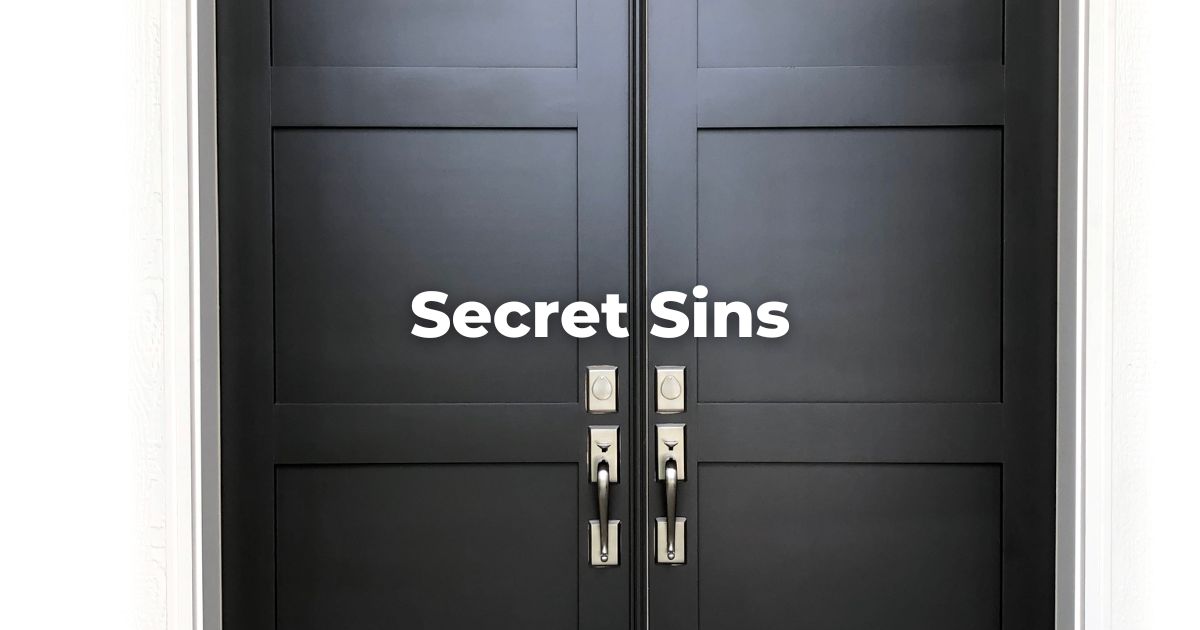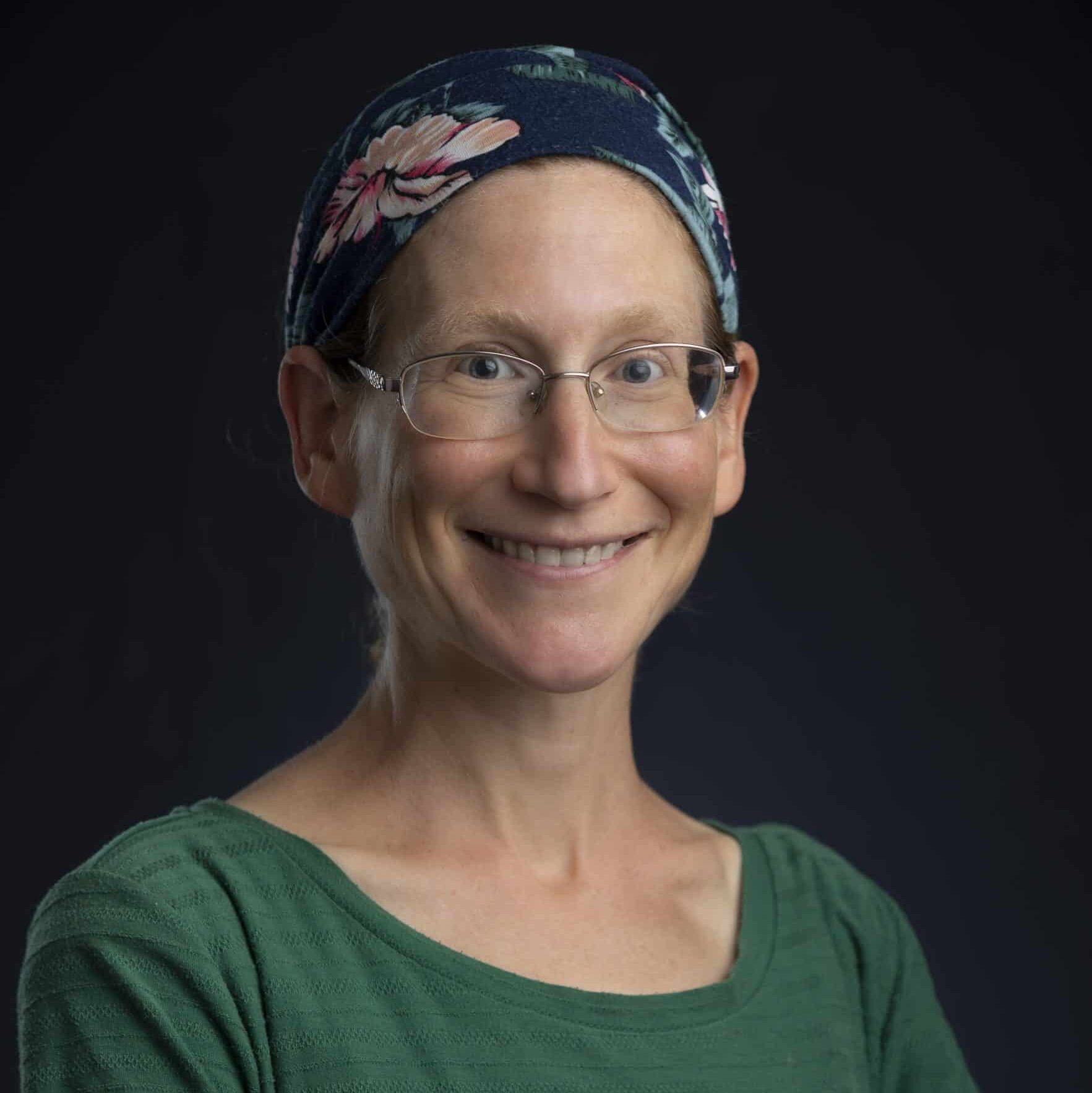In this week’s parashah Moshe charges the people to renew the terms of their covenant with God once they cross the Jordan and enter the promised land.
The Ceremony of the Renewal of the Covenant
This renewal will take the form of a theatrical ceremony in which half of the tribes will stand on Mount Gerizim, half will stand on Mount Eval, and the priests and Levites will stand in the valley below, where they will “proclaim in a loud voice” (Deuteronomy 27:14) a series of twelve curses.
Eleven of these curses are directed at one who violates a specific commandment, and the twelfth curse is directed more generally at one who fails to “uphold the terms of this Torah” (Deuteronomy 27:26). The Mishnah (Sotah 7:5) dramatizes this event, describing the Levites encircling the priests who in turn encircle the ark, with the Levites turning their heads toward Mount Eval each time they recite another curse, and the people atop both mountains crying out “Amen.”
This ceremony is a one-time-only event, but it raises questions that continue to reverberate.
Why was it necessary to renew the covenant right when the Israelites entered the promised land? Why these curses specifically, and what do they have in common? Why are they proclaimed so loudly and publicly?
A close look at the nature of these curses and their placement in the Torah offers a lesson in the relationship between individual sin and communal responsibility, both in biblical times and in our own day.
At first glance, the renewal of the covenant seems superfluous.
All the curses recited at the foot of the mountain reiterate commandments that were stated earlier in the Torah. Some overlap with the Ten Commandments, like the prohibition on idolatry and on cursing one’s parents. Others hearken back to the holiness code in Leviticus, like the prohibition on causing harm to a blind person or a stranger, widow or orphan, and the prohibitions on incestuous relationships.
But as several medieval commentators noticed—including the Rashbam and Ibn Ezra—the prohibitions appear with a slightly different twist here, because they all relate to sins committed in secret.
Renewing the Covenant Because of Secret Sins
Unlike the second commandment’s prohibition on graven images, the Levites on the mountain say “cursed be anyone who makes a sculptured or molten image, abhorred by the Lord, a craftsman’s handiwork, and sets it up in secret” (Deuteronomy 27:15).
It is not the run-of-the-mill idolator who is publicly cursed, but the one who worships idols in secret. Likewise, it is not the “ordinary” murderer who is cursed here, but “he who strikes down his fellow countryman in secret” (Deuteronomy 27:24), when no one else is watching.
Rabbi Yehuda Brandes adds that even those curses that do not explicitly refer to acts committed “in secret” are nonetheless secretive acts (see Torat Imecha, vol. 2, p. 512, untranslated). For instance, those who commit incest are sinning in the private sphere of the family, removed from the public eye. Even if these illicit sexual relations come to light, there is often an attempt to cover them up so as not to sully the family’s reputation.
Likewise, several of the sins refer to taking advantage of those in society who are inherently disadvantaged, like the blind person and the widow. These individuals are often unable to cry out for justice, and thus any sin against them constitutes a sin committed “in secret.”
Taken together, this list of curses indicates that it is the sins committed in secret and the sins least likely to receive legal redress that are loudly and publicly proclaimed by the Levites in the valley.
Secret Sins Versus Public Sins
Just two chapters later in Deuteronomy, toward the conclusion of his address to the people of Israel, Moshe will speak to the difference between sins committed in secret and those committed publicly: “The hidden things are for the Lord our God but the revealed things are for us and our children forever to do all of the words of this Torah” (Deuteronomy 29:28).
Rashi explains that human beings cannot punish one another for sins that no one knows about; only God can know about the sins committed in secret, when no one else is watching. And thus the “hidden things”—the sins committed in secret—are left to God to punish, while human beings must adjudicate matters that are publicly known.
The curses recited on the mountain relate to the hidden things as a way of warning the people that they cannot escape sins committed in secret. Even those matters about which no human judge can ever know will be redressed nonetheless.
But why is it specifically at that moment when the Israelites enter the land that they need to be reminded about the curses inflicted on those who sin in secret?
The Talmud, amidst its discussion of capital punishment, quotes Rabbi Yehuda’s opinion that “God did not punish for the hidden things until the Israelites crossed the Jordan” (Sanhedrin 43b). Only once the Israelites entered the promised land did the secret matters become subject to divine recrimination.
Indeed, perhaps the notion of a secret sin did not make sense when the Israelites were traveling through the wilderness, living in close quarters in encampments that afforded little privacy. Even if their windows were arranged such that they could not see into one another’s tents, they were constantly accompanied by the Tabernacle and the pillars of fire and cloud, which surely lent the people the sense that God was always amidst them.
As Moshe tells the people explicitly, “Since the Lord your God moves about in your camp to protect you and to deliver your enemies to you, let your camp be holy; let Him not find anything unseemly among you” (Deuteronomy 23:15). The people felt God’s presence in their midst, like students in an afterschool detention room scrutinized by an eagle-eyed disciplinarian.
They did not need to be reminded not to sin in secret when it seemed impossible to escape God’s watch.
Secret Sins Without a Watchdog?
On the other hand, once the Israelites cross the Jordan, they will spread out into their tribal lands and build family homes with fields and vineyards separating neighbors from one another. God will no longer hover over them and provide manna for them to eat every morning.
Thus the people have to be warned not to forget God’s continued involvement in their lives: “When you have eaten your fill and have built fine houses to live in … beware lest you grow haughty and forget the Lord your God … Remember that it is the Lord your God who gives you the power to get wealth” Deuteronomy 8:12-18).
They have to realize that God ultimately continues to provide for them, and that God remains aware of what takes place in the secret chambers of their hearts.
Rashi, in commenting on Rabbi Yehuda’s statement in the Talmud about God punishing for secret things (Sanhedrin 37a), notes that once the people crossed the Jordan, they “heard and accepted upon themselves the blessings and curses at Mount Gerizim and Mount Eval and became responsible for one another.”
Rashi is invoking the well-known rabbinic principle that “All of Israel are responsible for one another” (Sanhedrin 27b).
As a community and as a nation, the fate of one person is bound up in the fate of all others. When one person sins—even if that sin is committed in secret, and no one else knows—that sin serves to further distance God, rendering the collective less holy.
We are expected not just to administer justice against those sins which we can know about, but also to build a holy society in which people feel so responsible for one another that they do not sin in secret either.
Each time we embrace this sense of communal responsibility, the cries of “amen” recited by the people in unison continue to reverberate from the mountaintops.
See more: Parashat Ki Tavo
Originally posted as part of the Conservative Yeshiva at the Fuchsberg Jerusalem Center’s Torah Sparks. Support Torah learning from the Fuchsberg Jerusalem Center/Conservative Yeshiva for leaders and seekers around the world here.
Authors
-

Ilana Kurshan teaches Talmud at the CY. She is the author of If All the Seas Were Ink (St. Martin’s Press, 2017) and Why is This Night Different From All Other Nights (Schocken, 2005). She has a degree in History of Science from Harvard and in English literature from Cambridge, and has worked in literary publishing both in New York and in Jerusalem – as a translator, a foreign rights agent, and as the Books Editor of Lilith Magazine. Since October 2020, Ilana has been a regular contributor to Torah Sparks, FJC’s weekly parashat hashavuah blog.
View all posts -



The Fuchsberg Jerusalem Center (FJC) is a home in the heart of Jerusalem where leaders and seekers can find an authentic place in Jewish tradition to call their own. FJC offers opportunities to study, pray and explore within an egalitarian and inclusive setting, creating multiple pathways for finding personal and communal meaning.
View all posts




